Finance Minister Nirmala Sitharaman stated that gamers will pay a 30% tax on their yearly rewards. This comes after challenges for online gaming in various states, in light of how the public authority there decided to apply pay-to-earn norms.
Ban On Online Gambling Will ‘Propel The Industry To Compete Globally’: All India Gaming Federation
The Ministry of Electronics and Information Technology (MeitY) on April 6, informed the amendments to the Information Technology (Intermediary Guidelines and Digital Media Ethics Code) Rules, 2021, for online gaming.
Recently, Finance Minister Nirmala Sitharaman stated that gamers will pay a 30% tax on their yearly rewards. This comes after challenges for online gaming in various states, in light of how the public authority there decided to apply pay-to-earn norms.
Welcoming the move, Roland Landers, CEO, All India Gaming Federation, said: “As the oldest, largest, and most diverse industry association for online gaming in the country, we are grateful to MeitY for notifying the amendments to regulate online gaming under the Indian Information Technology Act, and acknowledging the long-standing demand of the gamers and the online gaming industry”.
He added, “We believe this is a decisive first step for comprehensive regulation for online gaming and will propel the industry to compete globally, as envisioned by the Hon’ble Prime Minister. We are especially grateful that the government recognised the industry demands and provided light touch but comprehensive regulations, which will support innovation, boost Create in India and Brand India, and propel India’s Techade”.
A pivotal moment for online gaming
“These rules will go a long way in promoting consumer interest while helping the industry grow responsibly and transparently, and they will also help in curbing the menace of anti-national and illegal offshore gambling sites, which have been proliferating in the last few years,” he concluded.
How do new rules change the game?
The Minister of State for IT, Rajeev Chandrasekhar has expressed that games involving monetary amounts will not be permitted to work with pay-to-earn.
This applies to games, wherein users deposit a specific sum with the assumption of leaving with a prize.
Numerous self-regulatory organisations will reserve the privilege to scrutinise online gaming applications and decide if their operations are allowed or not.
What does this mean for fantasy games and online games?
Online gaming is split between games of skill (which are considered legitimate) and games of chance (which are not classified as legitimate).
Fantasy games, which permit individuals to make virtual teams and earn money from points procured by virtual avatars in light of a player’s real-world performance, are viewed as a game of skill.
Since gamers aren’t investing directly in a match or an event, their actions aren’t viewed as pay-to-earn.
The clarity given on what’s allowed and what isn’t will empower startups to likewise offer choices for gamers.
Credit: The Free Press Journal


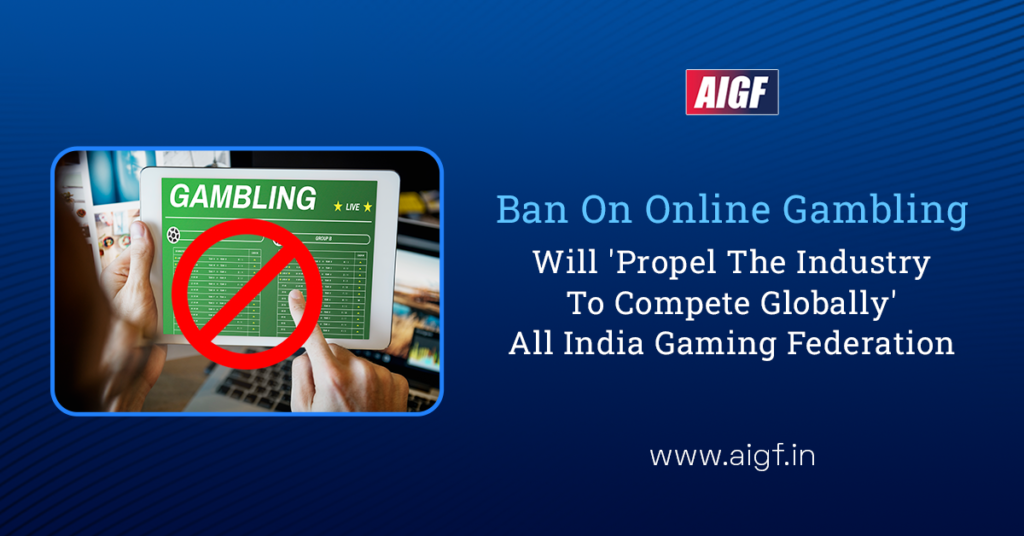


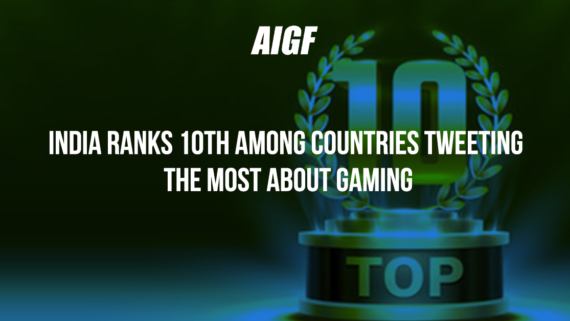
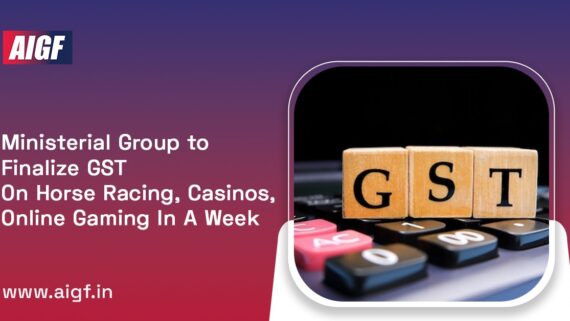
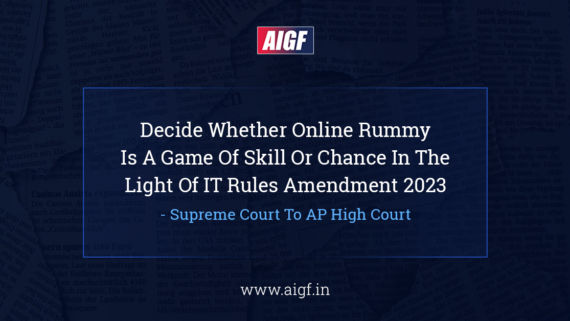


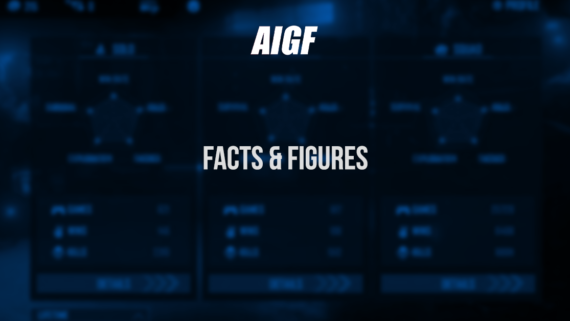
Comments
Comments are closed.